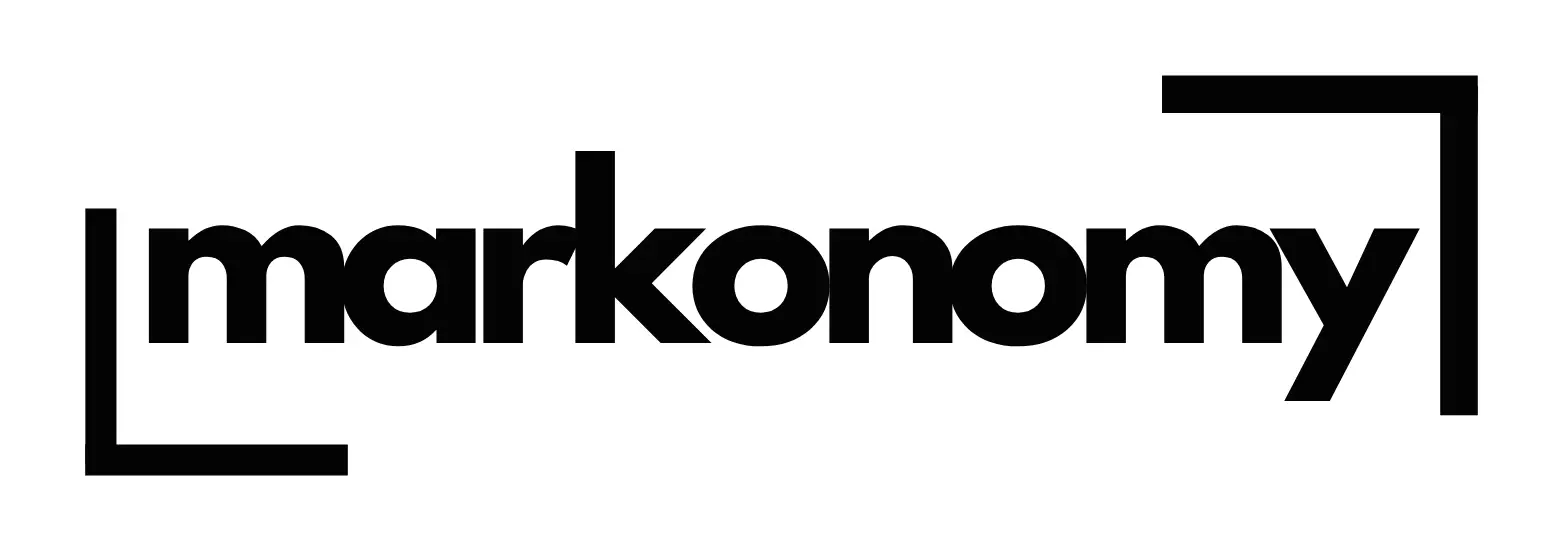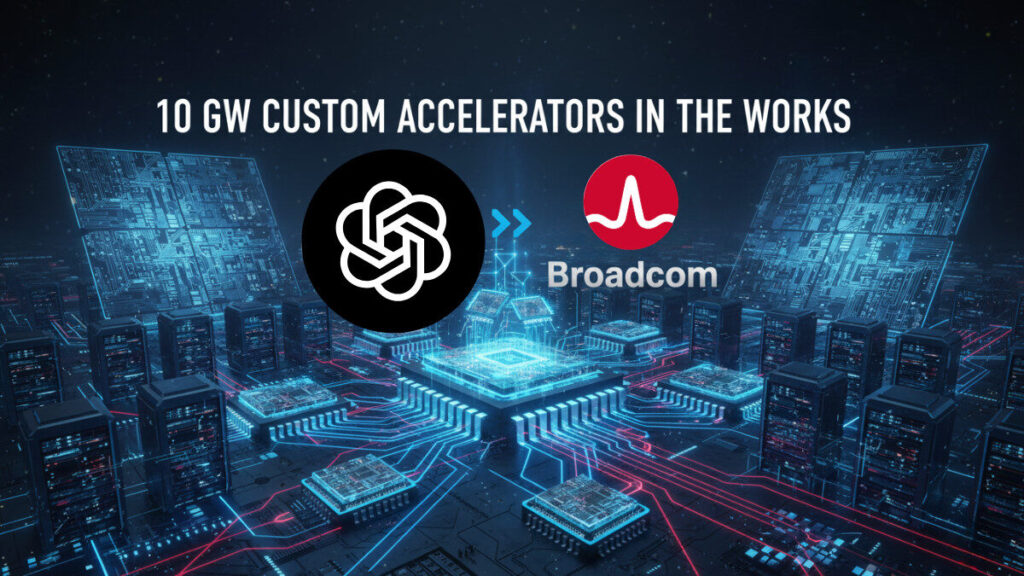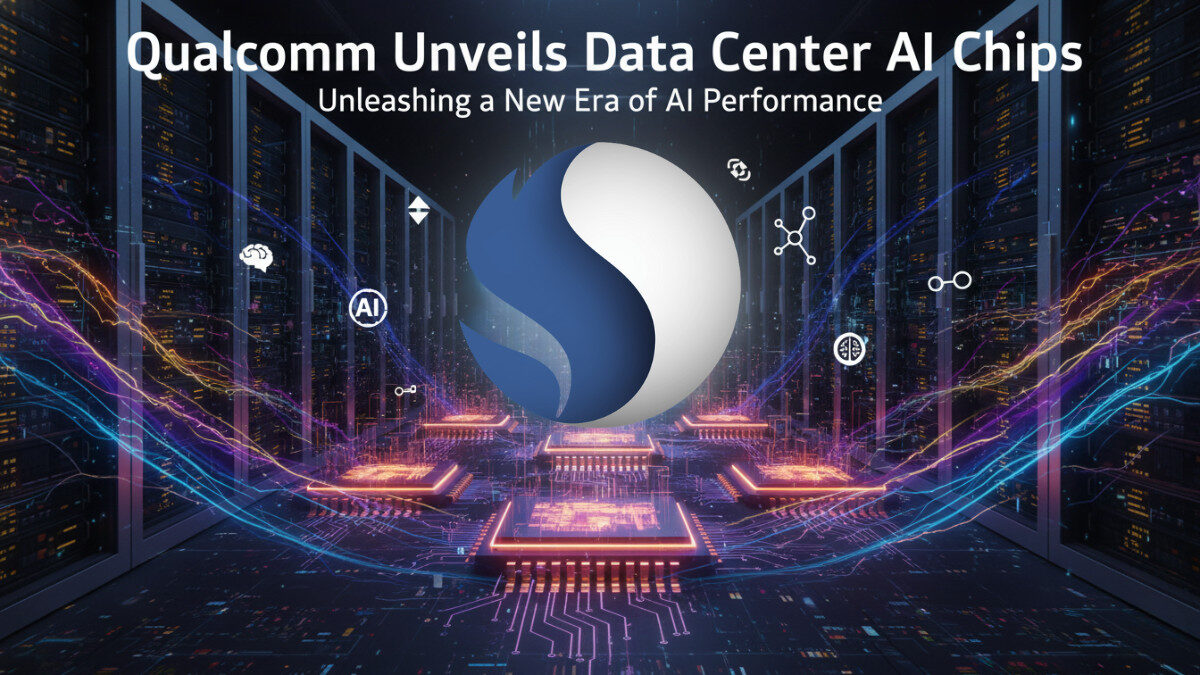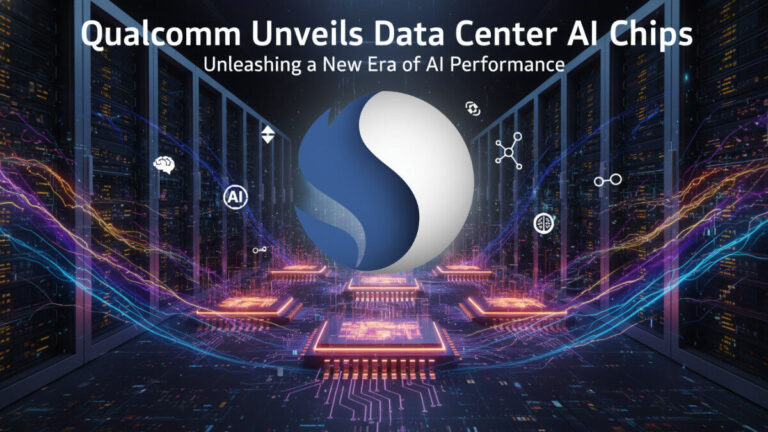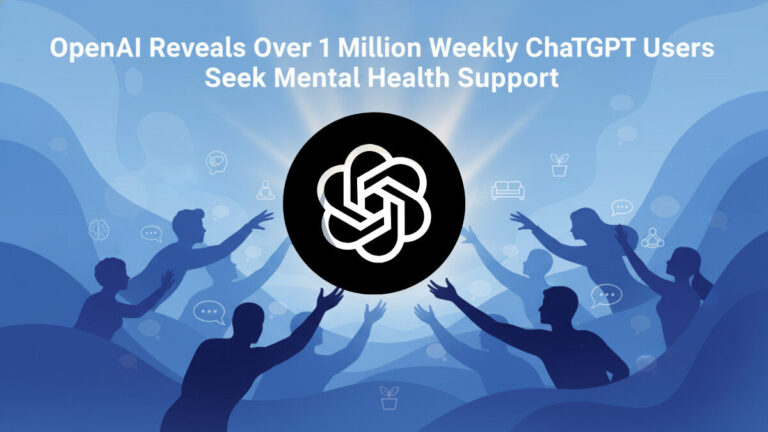OpenAI has signed a major deal with Broadcom to co-develop custom AI chips, capable of delivering 10 gigawatts (GW) of computing power. This move aims to reduce OpenAI’s dependence on NVIDIA and boost efficiency for training large-scale AI models.
According to industry insiders, this partnership will enable OpenAI to design and deploy “AI accelerators” — chips specialised for deep learning workloads — tailored specifically for its needs in data centers.
The new chips are expected to power ChatGPT, Sora, Whisper, and other future AI models, giving OpenAI more control over its hardware performance and cost.
⚙️ What This Deal Means
The partnership will allow OpenAI to:
- Reduce its reliance on external GPU suppliers like NVIDIA.
- Increase computing efficiency with custom silicon chips.
- Scale its AI model training with 10 GW of processing power — a massive leap forward.
- Lower operational costs in the long run.
Experts believe this is a strategic step for OpenAI to compete in a global race for AI infrastructure dominance, especially against companies like Google, Amazon, and Microsoft, all of whom are developing or deploying their own AI chips.
Summary Table
| Key Detail | Information |
|---|---|
| Partnership | OpenAI × Broadcom |
| Objective | Develop custom AI accelerators |
| Computing Power Target | 10 GW |
| Main Benefit | Reduced dependence on NVIDIA, improved efficiency |
| Use Case | Training and running AI models (ChatGPT, Sora, Whisper) |
| Industry Impact | Strengthens AI hardware ecosystem |
| Competition | Google (TPUs), Amazon (Trainium), Microsoft (Athena) |
| Long-Term Goal | Cost efficiency, scalability, hardware independence |
Industry Reactions
Tech analysts see this deal as a “make-or-break” moment for OpenAI’s infrastructure ambitions.
“OpenAI moving into chip design signals its intent to own the full AI stack — from model training to hardware,” said a semiconductor analyst.
If successful, OpenAI could emerge as one of the few AI companies controlling both the software (models) and hardware (chips) that drive the AI revolution.
Future Outlook
With 10 GW of computing power, OpenAI could train even larger and more complex models, pushing the boundaries of artificial intelligence. The company also plans to set up new data centers to host these chips by 2026.
This Broadcom partnership marks a key milestone in OpenAI’s journey toward hardware autonomy and AI infrastructure dominance.
